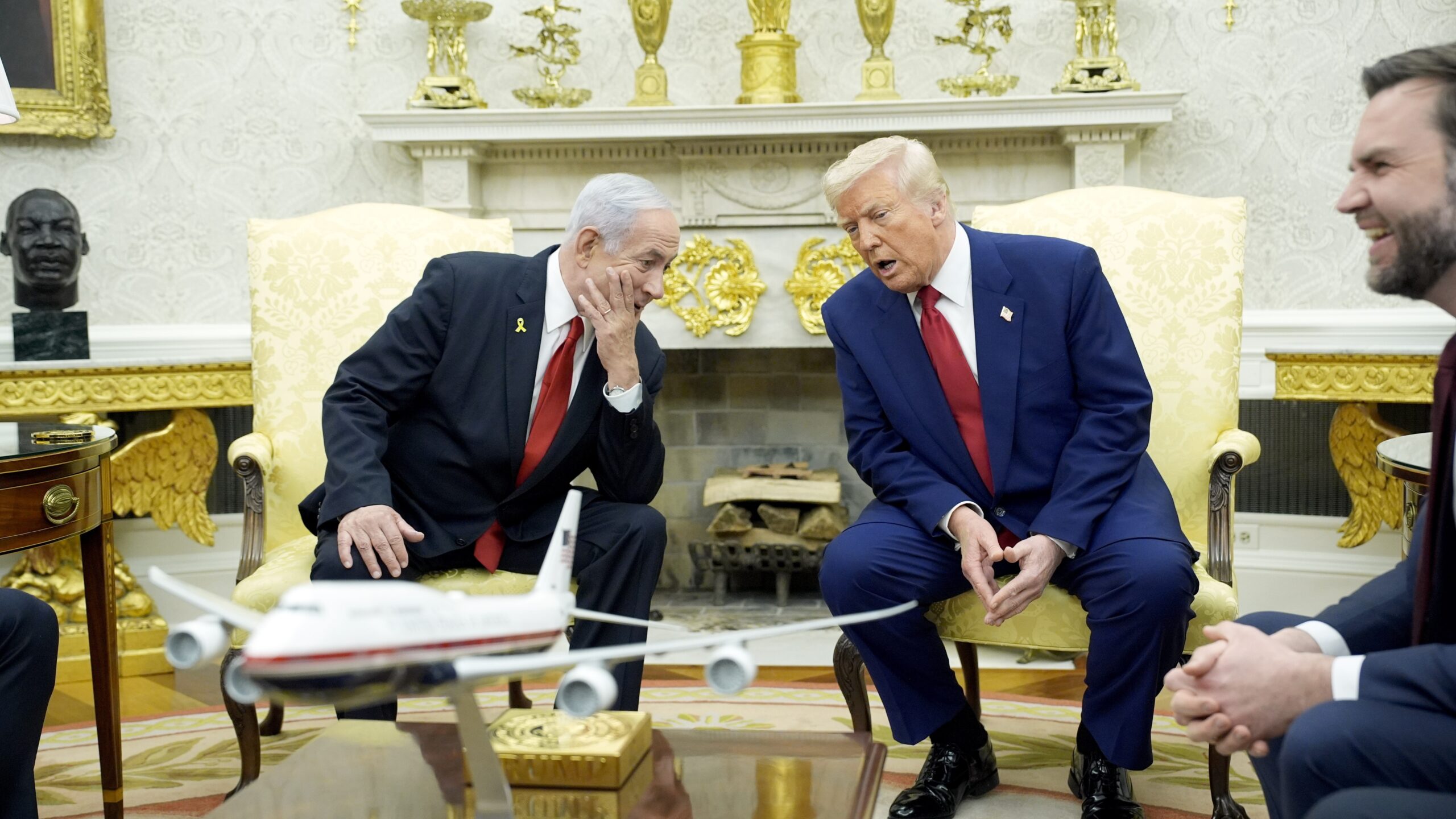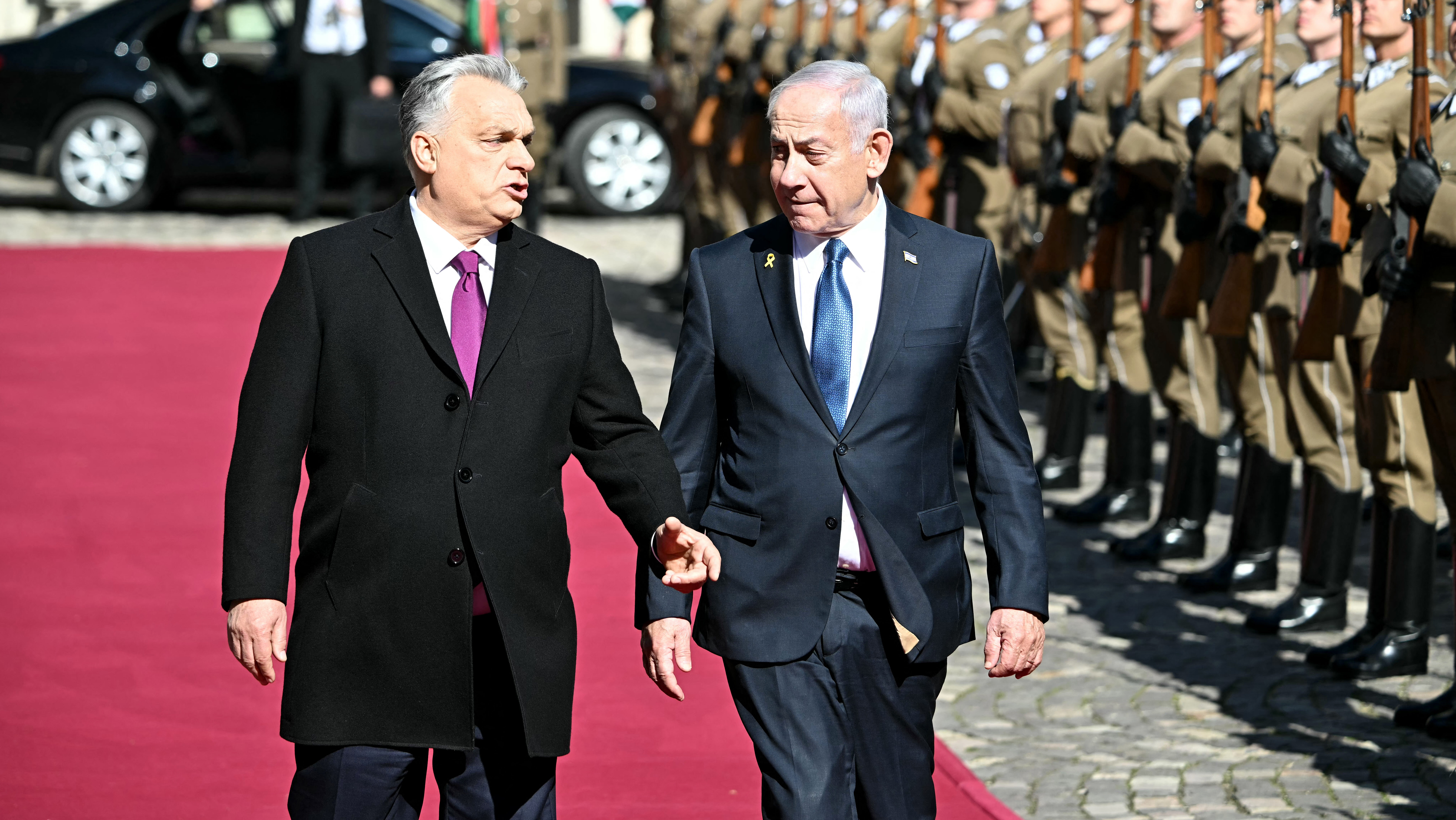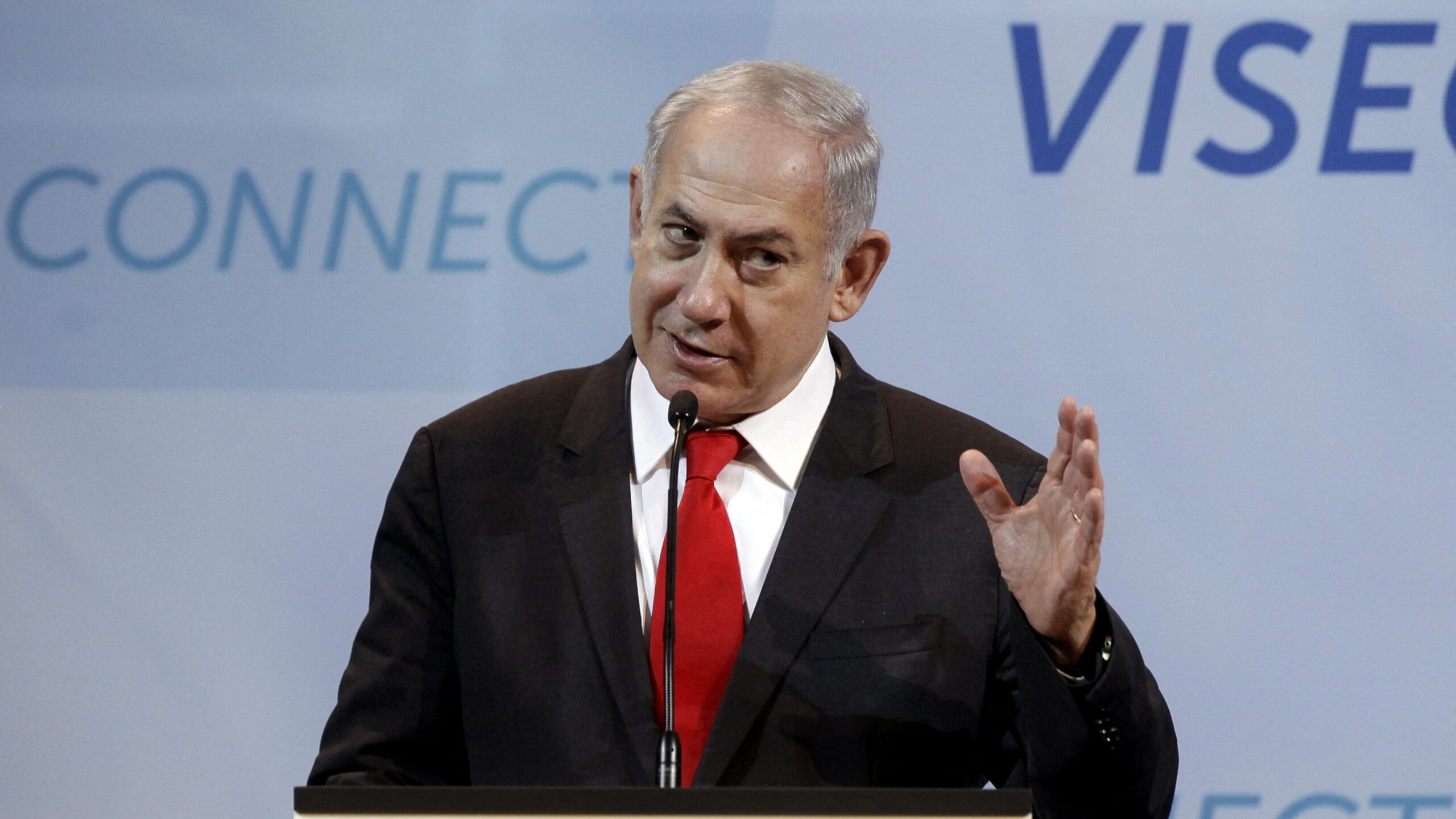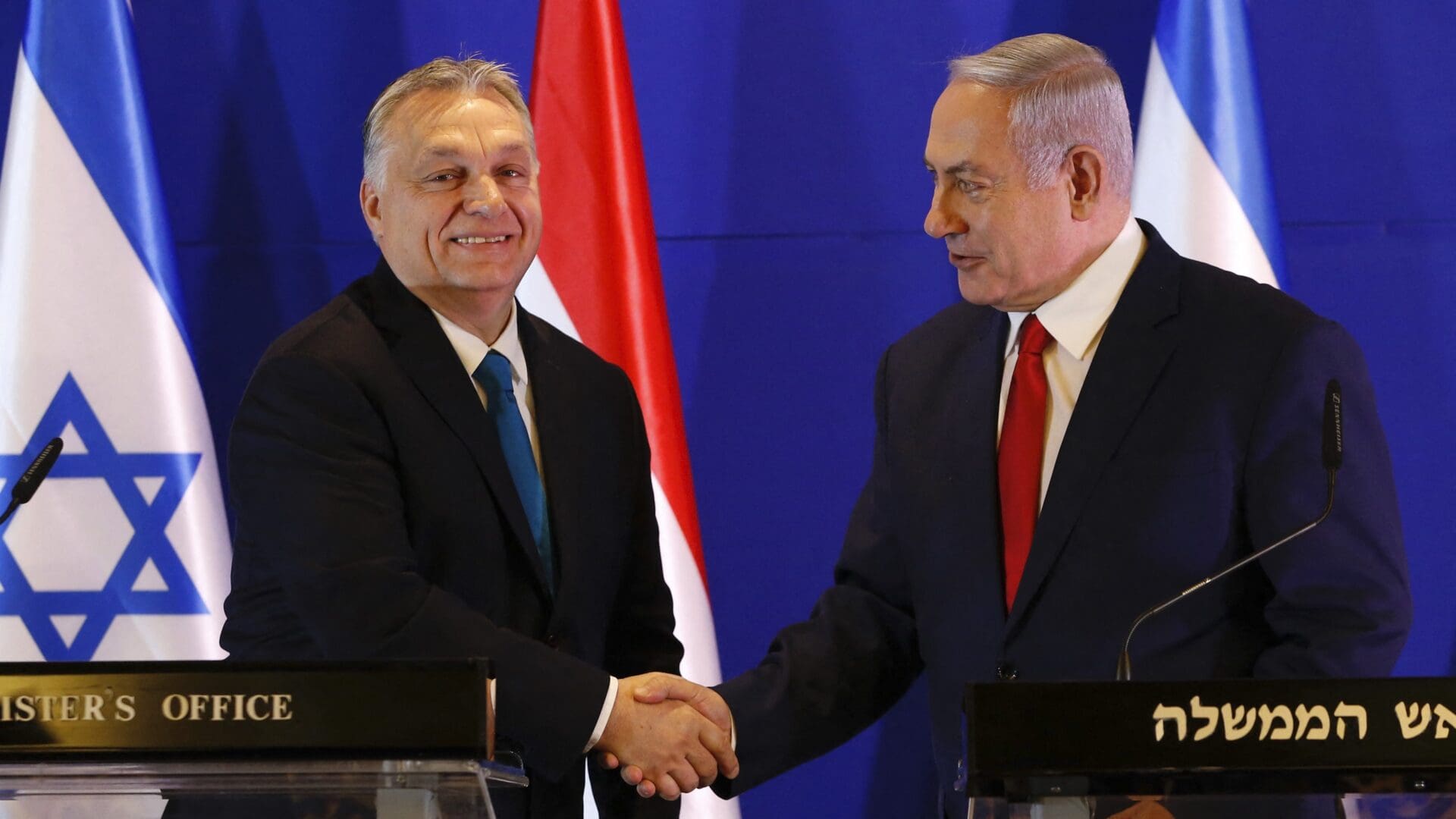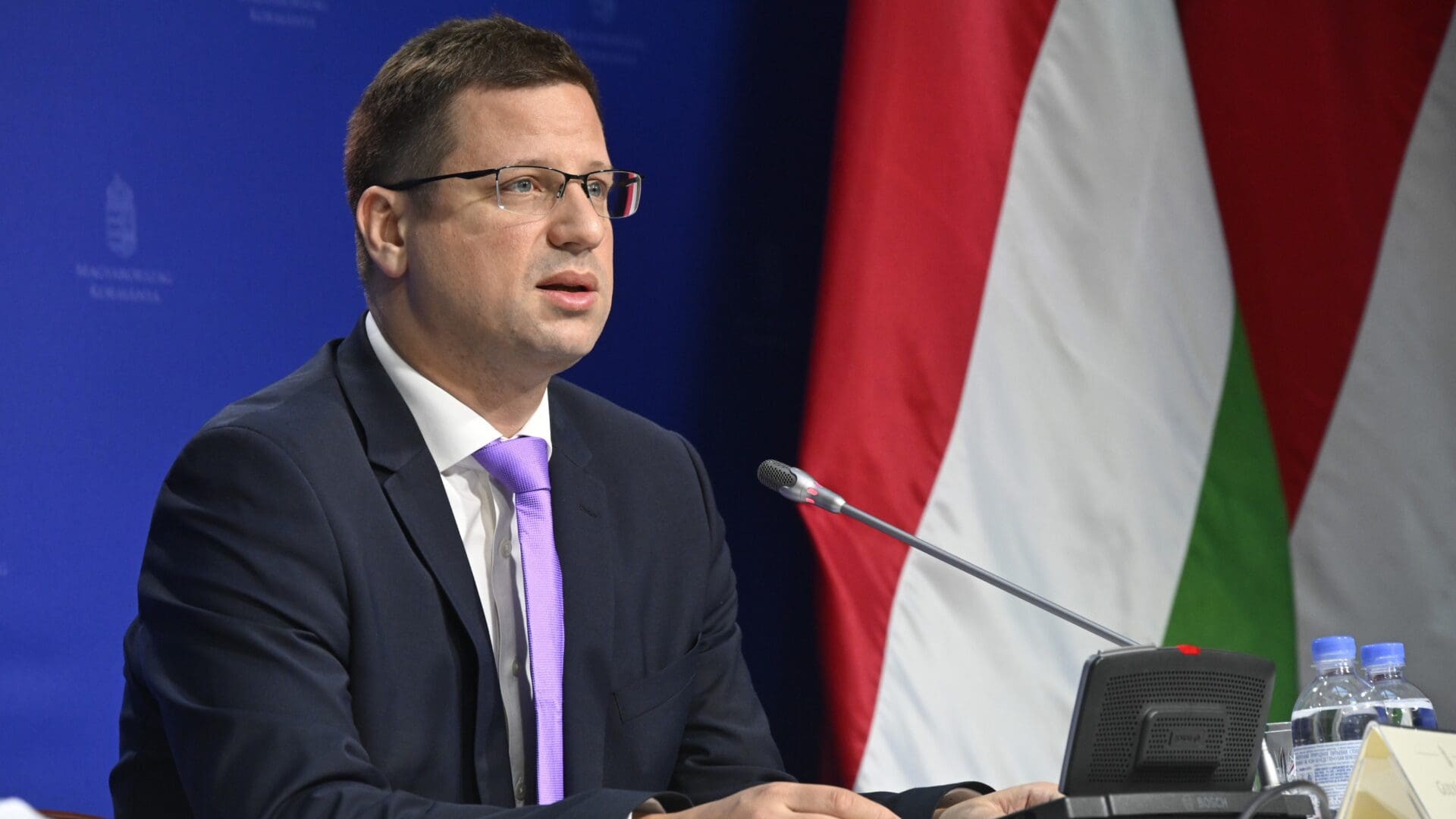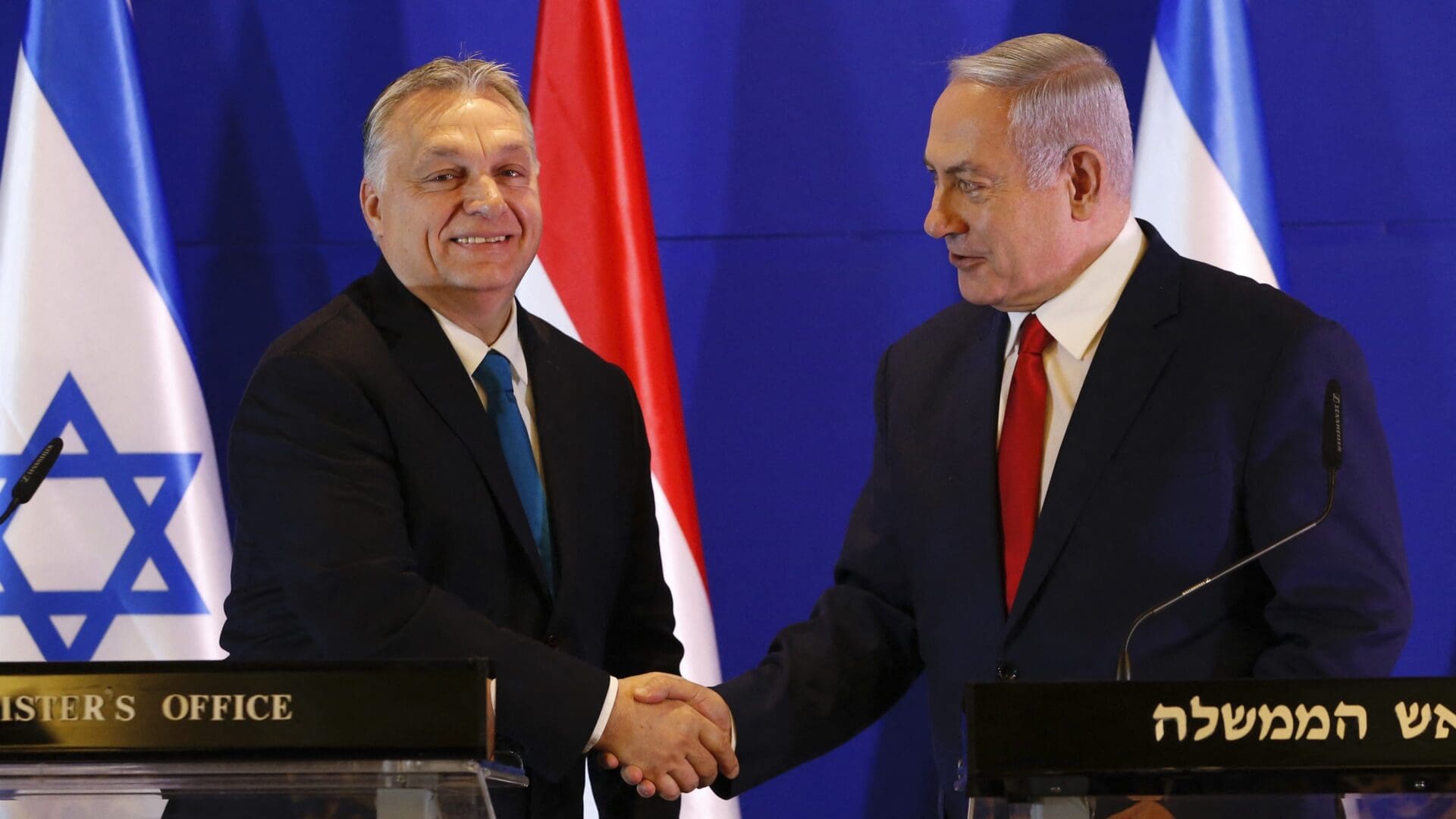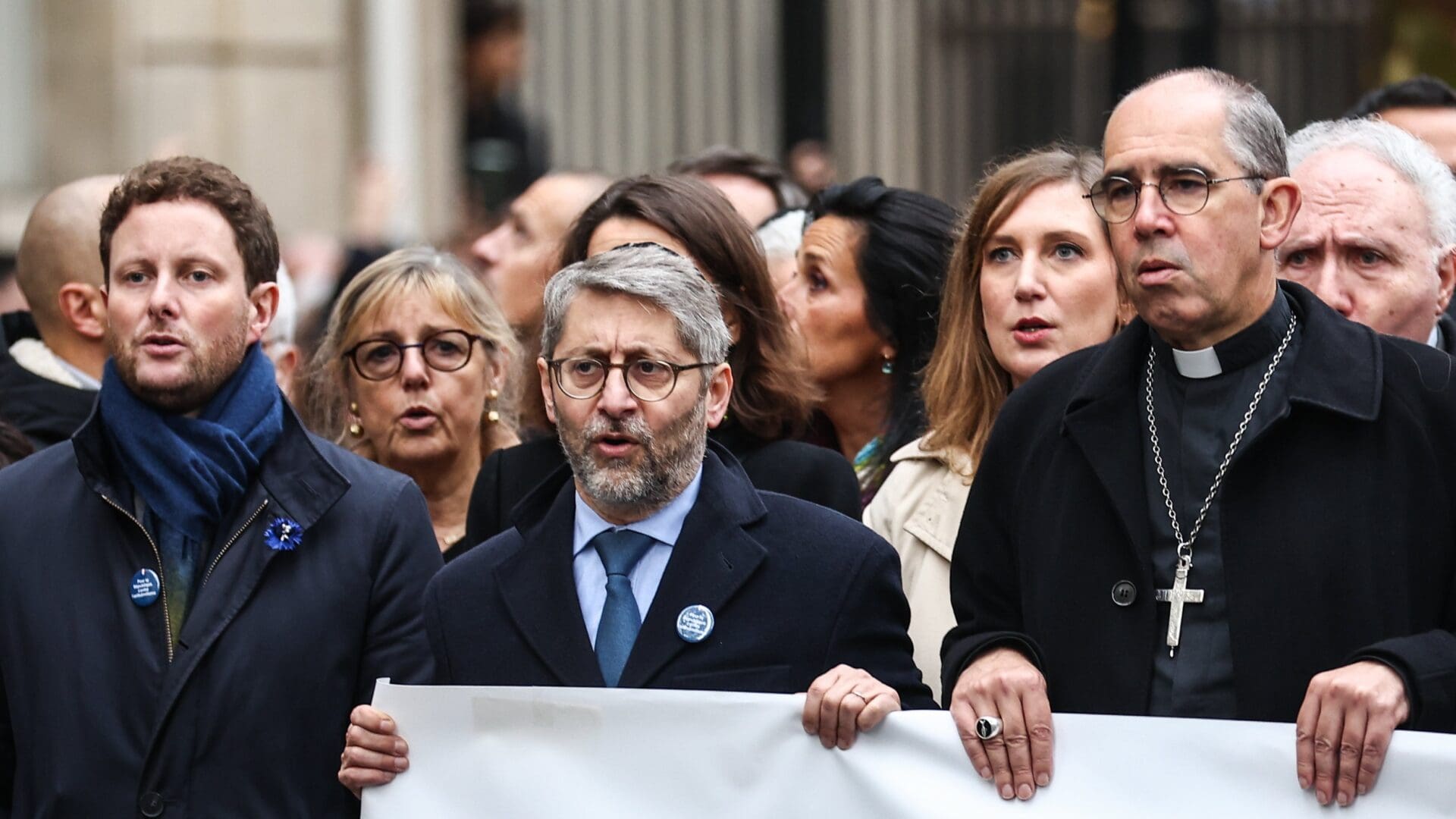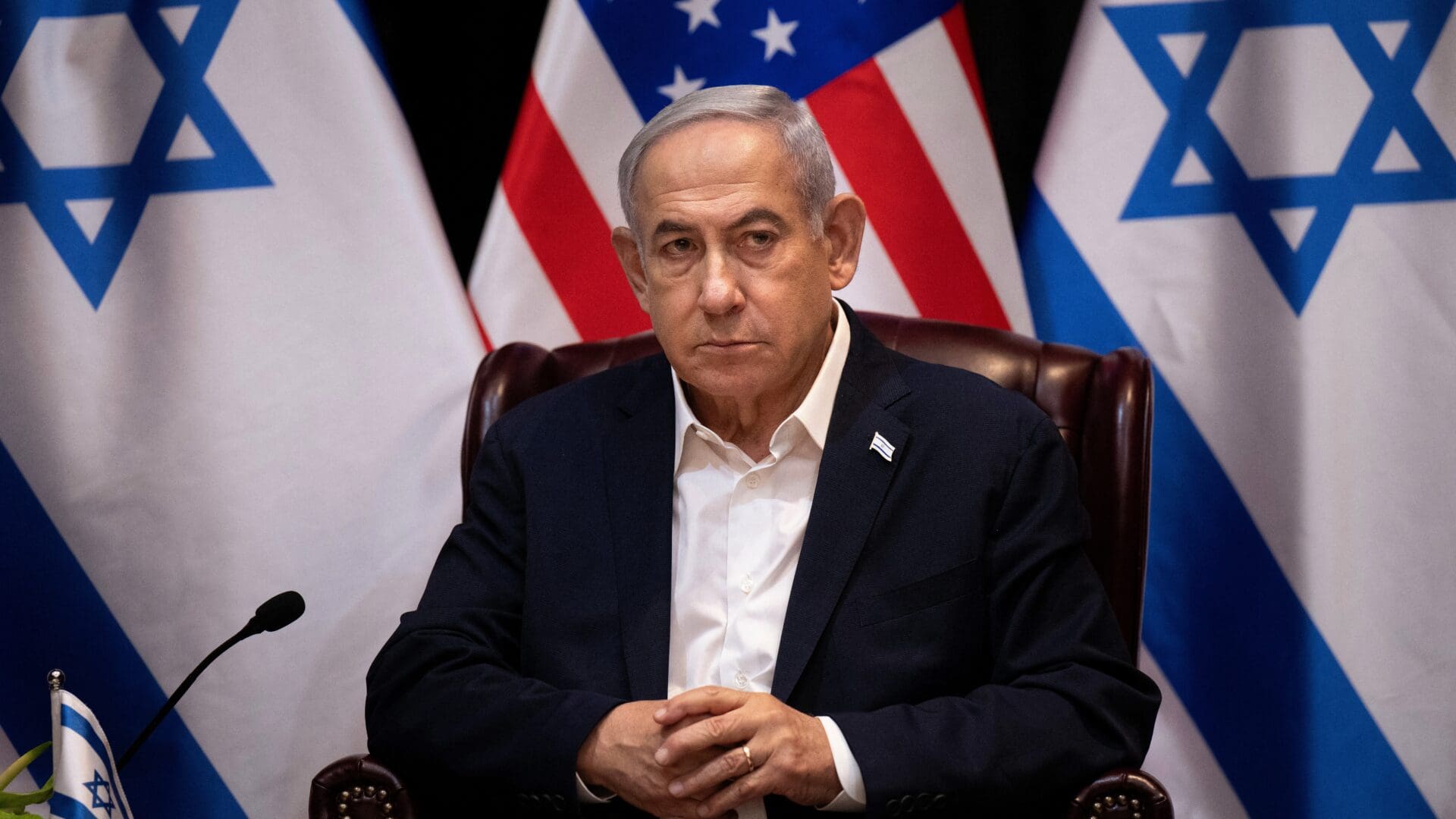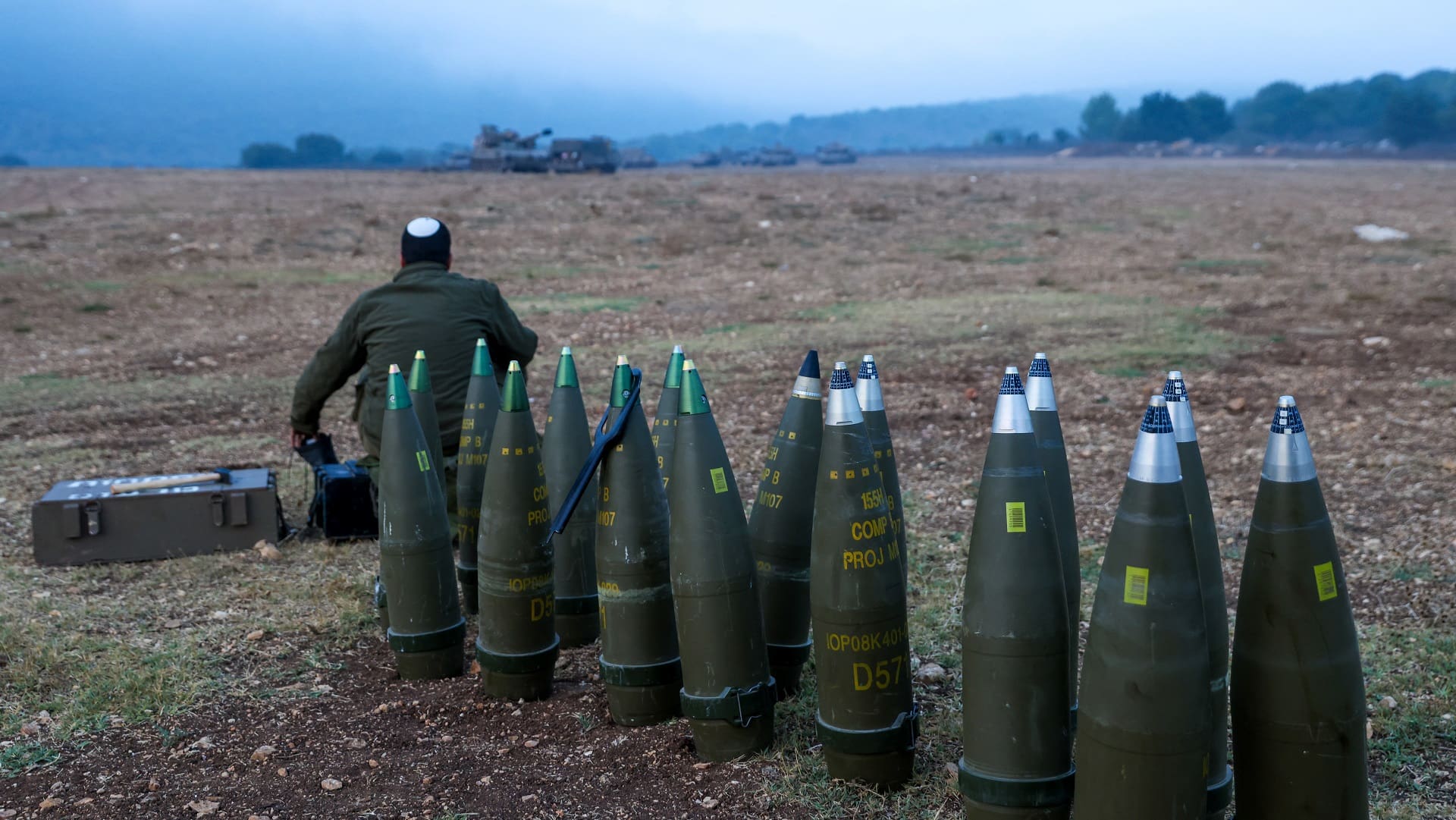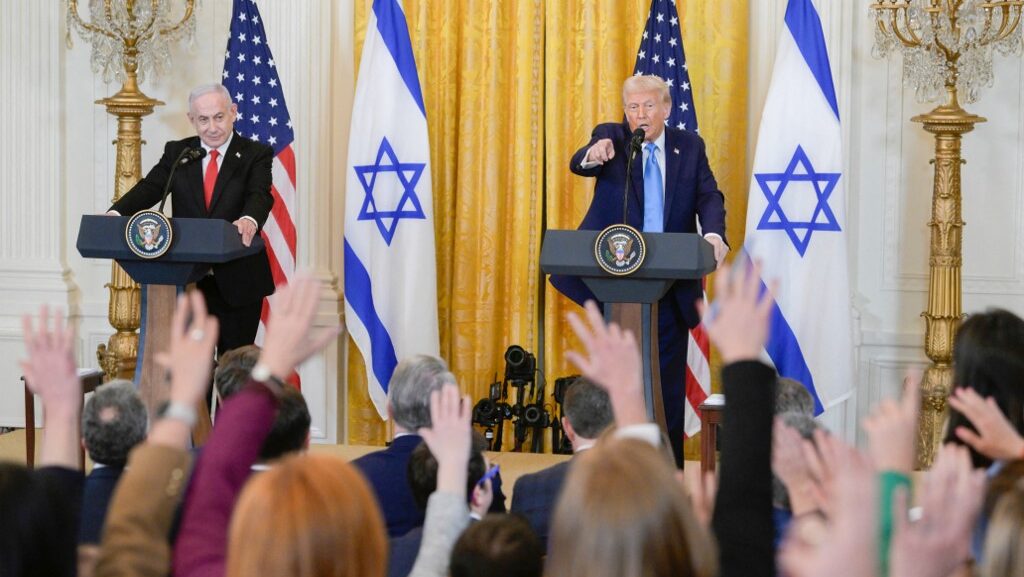
Strategic Split? Netanyahu Signals Break from US Military Aid amid Trump Tensions
‘Tensions between the two sides do exist—even on strategic matters—and occasionally spill into public view. The key difference, especially compared to the Biden era, is that these leaks are not weaponized publicly. Instead, both parties swiftly work to defuse them.’

